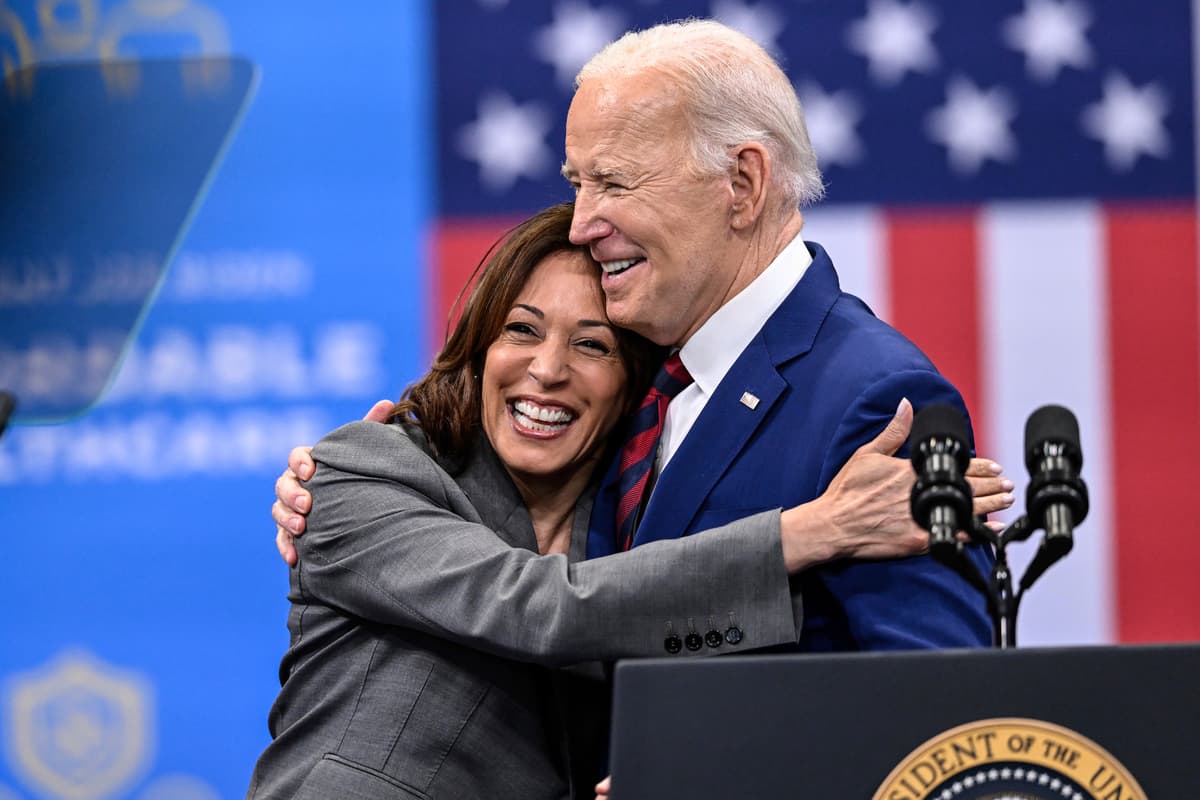Biden’s Withdrawal Hands Power to Party Bosses From Primary Voters, Reversing Decades of Democratization
After this, why vote, campaign, or donate money to a primary candidate if your choice might just be cast aside?

By dropping his reelection bid, President Biden is reversing more than a century of democratizing the choice of presidential nominees via primaries. That power now shifts back to party bosses from the people, as insiders can swap out any candidate who’s losing and call in a ringer.
“I believe,” Mr. Biden wrote in a letter to the nation on Sunday, “it is in the best interest of my party and the country for me to stand down.” It’s a nit worth picking that he put “party” before “country,” reversing President Hayes’s maxim, “He serves his party best who serves his country best.”
A login link has been sent to
Enter your email to read this article.
Get 2 free articles when you subscribe.

